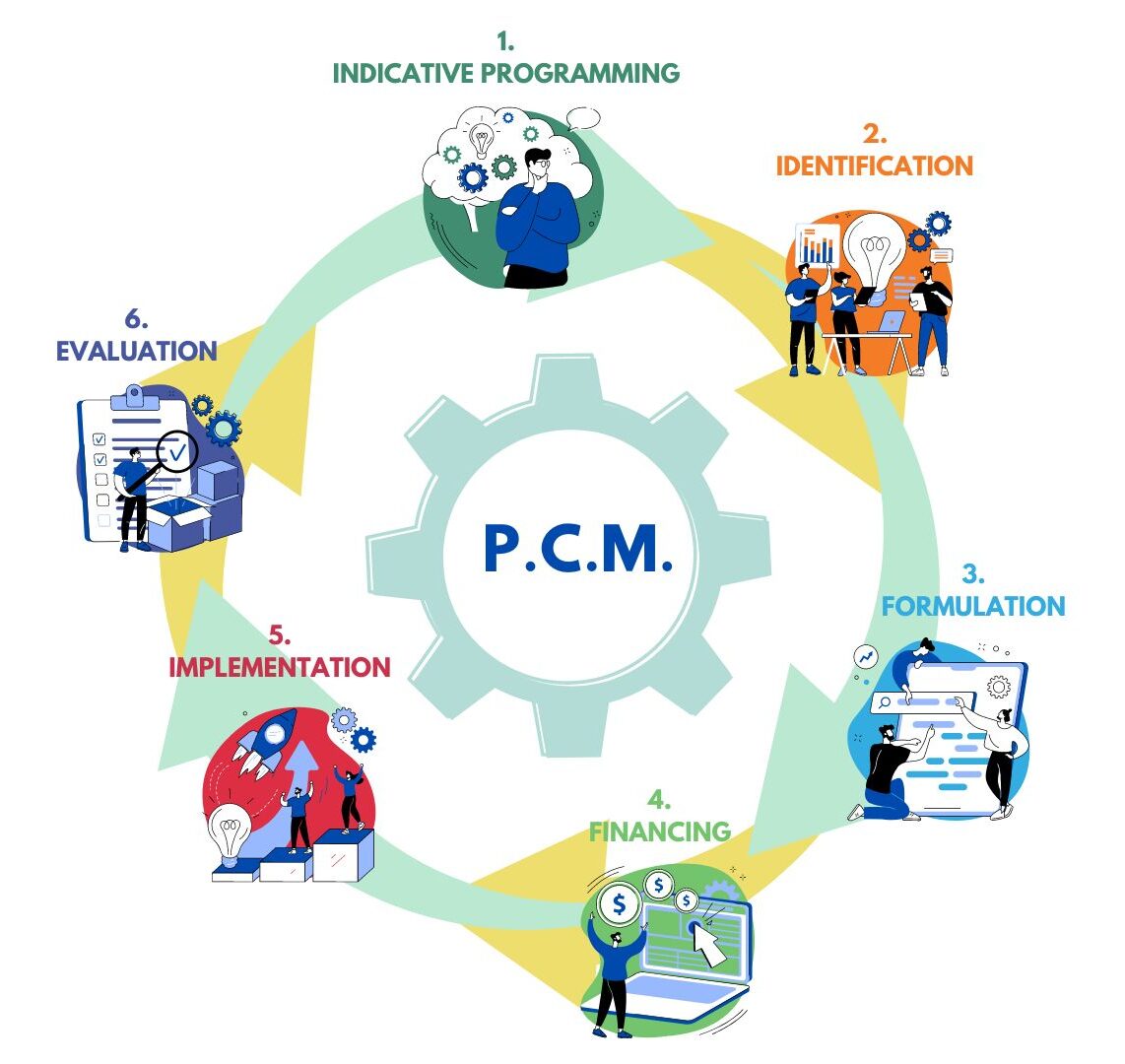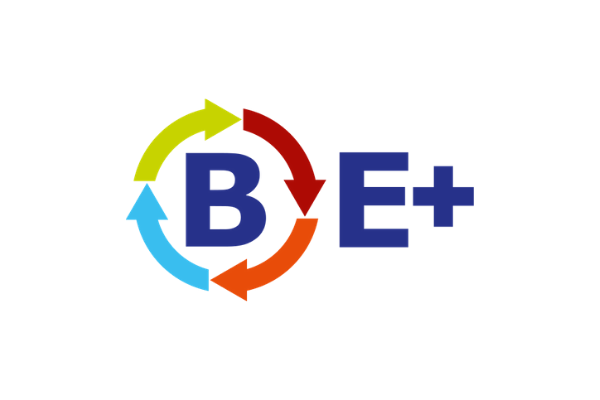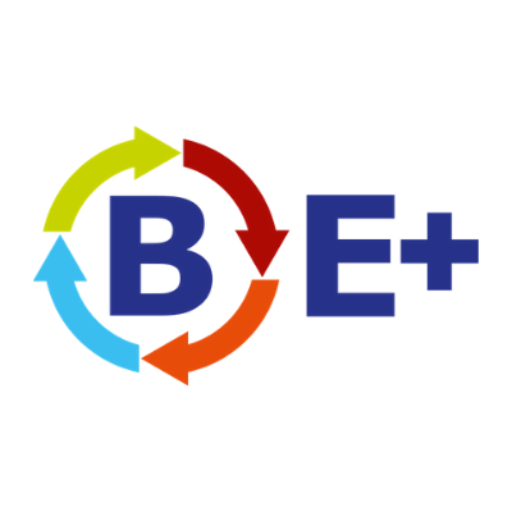Schools have the flexibility to choose between two ways when it comes to approach the Project Cycle Management method.
One option is for schools to initially organize workshops internally to build their own understanding and capacity in project cycle management. By doing so, they can develop the necessary knowledge, skills, and techniques to effectively manage projects. Once they have established a solid foundation, they can then seek out international partners to collaborate with in the formulation of the project.
Alternatively, schools can opt to directly engage with international partners from the beginning. This approach consists in sharing with international partners the key elements learnt during the trains the trainers course.
Utilising the Project Cycle Management (PCM) approach can provide a structured framework for schools with little experience in writing effective Erasmus+ applications. PCM helps in effectively planning, implementing, monitoring, and evaluating projects.




